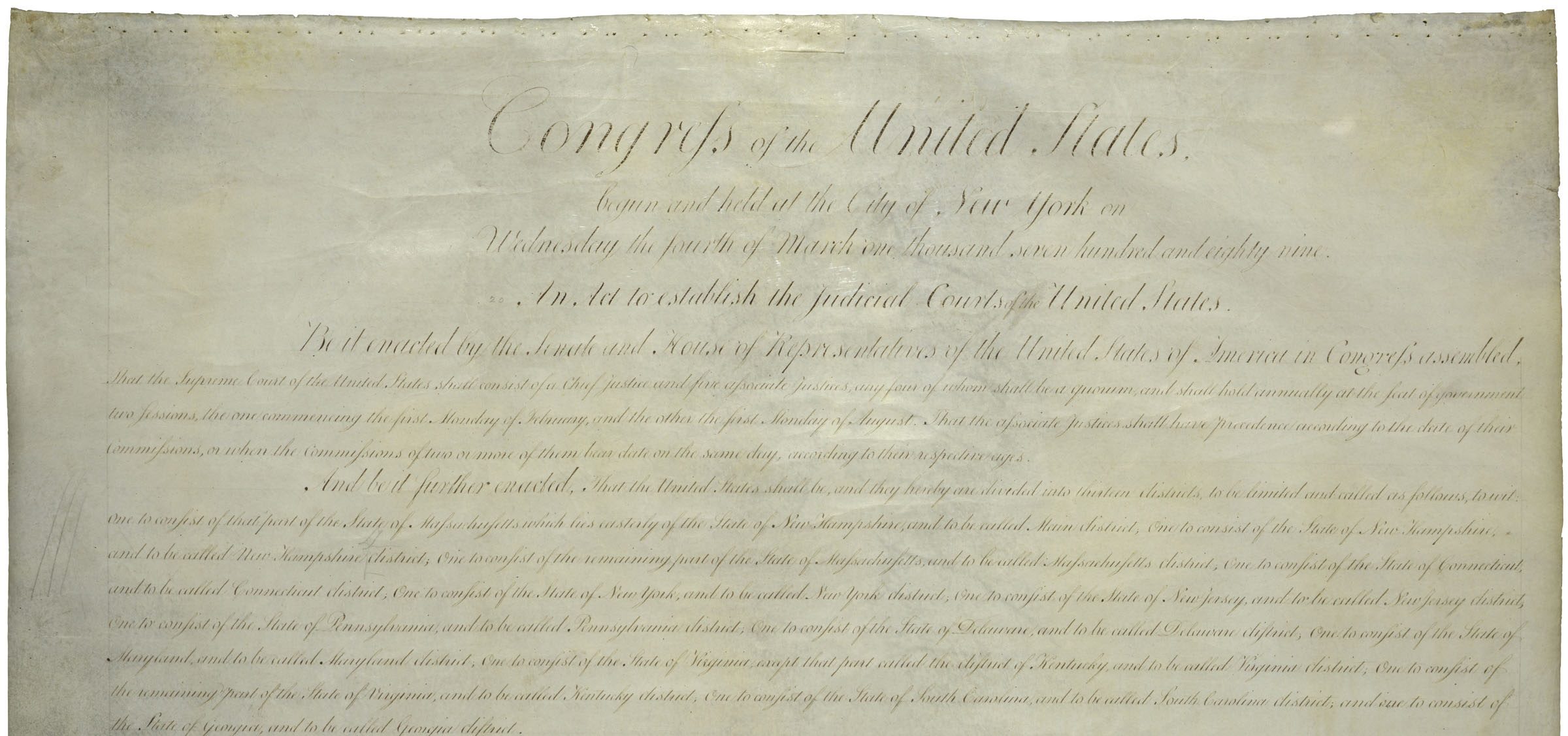In Yancheng Shanda Yuanfeng Equity Investment Partner v. Wan, No. 22-1199 (7th Cir. Jan. 31, 2023), the Seventh Circuit hits a jurisdictional snag with how to determine the citizenship of a “hybrid” entity with characteristics of a partnership, a corporation, and a foreign state, each of which commands different treatment under the diversity jurisdiction statute, 28 U.S.C. § 1332.
The underlying case is an action to enforce a Chinese judgment under Illinois’s Uniform Foreign-Country Money Judgments Recognition Act (“Recognition Act”). The plaintiff Yancheng Shanda Yuanfeng Equity Investment Partnership (“Yancheng Shanda”) filed an lawsuit in Chinese court alleging that defendant Wan and two other parties breached a share repurchase agreement. Wan did not appear in the Chinese action and a form of default judgment was entered against him.
Yancheng Shanda then filed an action in the U.S. District Court for the Central District of Illinois to enforce the judgment. Wan defended that he did not receive notice of the foreign action. After addressing the issue of subject-matter jurisdiction in favor of the plaintiff, it decided the merits on summary judgment, holding that “the plaintiff used a method reasonably calculated to produce actual notice” (emphasis in original) by mailing process to Wan’s home residence in in Shenzhen City in the Guangdong province of China. Judgment was entered in the amount of $20,169,843.81.
Reaching the Seventh Circuit, the panel holds that record remains unresolved on the nature of Yancheng Shanda, and whether diversity jurisdiction was present. “Yancheng Shanda did not present any evidence establishing its citizenship or the citizenship of its several partners. It submitted a declaration by its employee Mei Hu who stated simply that Yancheng Shanda ‘is and was domiciled in Yancheng City, Jiangsu Province, People’s Republic of China.’”
The problem begins with the fact that unincorporated defendants like partnerships are not domiciled for citizenship purposes like corporations, which have a principal place of business or a place of incorporation. Instead, citizenship is measured by the citizenship of the owners or partners. Here the record identified six partners but did not specify their citizenship.
Yancheng Shanda on appeal submitted a declaration by an employee that the six partners are themselves “citizens of China,” but even that declaration did not resolve the issue. The partners are each corporations and the plaintiff submitted that each of the six was incorporated and had a principal place of business in China. It further averred that Chinese limited-liability corporations (LLCs) ought to be treated as corporations, having the chief characteristics of a corporation (i.e., “the company has personhood, limited liability for shareholders, and shares that can be bought and sold subject to restrictions declared by the business corporations for purposes of § 1332”).
The Seventh Circuit holds that the identity of the plaintiff requires more factual exploration. “In the case of Chinese business entities, [the Seventh Circuit] already [has] indicated that significant care needs to be taken in determining the precise characteristics of the organization in question.” On remand, “the district court must first address whether Yancheng Shanda’s partners can be characterized as corporations and, if so, the jurisdiction of their incorporation and of their principal place of doing business. If the district court determines that these entities do not qualify as corporations under the diversity statute, the court must treat them as partnerships. Because partnerships take the citizenship of each of their partners, the court must identify each partner’s citizenship.”
Moreover, one of the partners— Jiangsu Zhonghan—poses a special problem that it might also be a foreign state. “If this entity is directly and majority-owned by a ‘foreign state or political subdivision thereof,’ it is itself a ‘foreign state’ for purposes of federal jurisdiction. 28 U.S.C. §§ 1332(a)(4), 1603(a), (b)(2) . . . . . A finding that Jiangsu Zhonghan (if it is treated as a corporation) or one of its owners (if it is instead treated as a partnership) is a ‘foreign state’ would require confronting Mr. Wan’s argument that Yancheng Shanda—being a partnership whose partners include both ‘citizens’ of a foreign state and a ‘foreign state’—cannot invoke diversity jurisdiction because no provision of § 1332 explicitly applies to such a ‘hybrid’ entity.”
The Seventh Circuit directs the district court on remand, therefore, to address the “foreign state” issue first, then the issue of diversity jurisdiction under § 1332.

2 thoughts on “Seventh Circuit Maneuvers a Jurisdictional Puzzle Box About Whether a Chinese Defendant May Be a Partnership, Corporation, or Foreign State for Diversity Purposes”